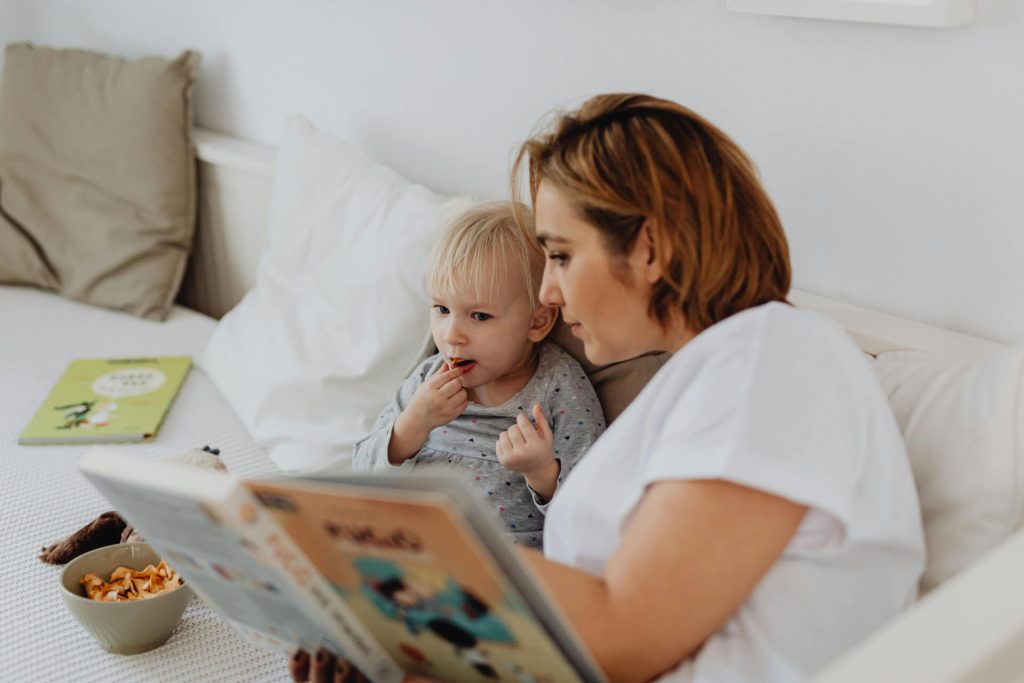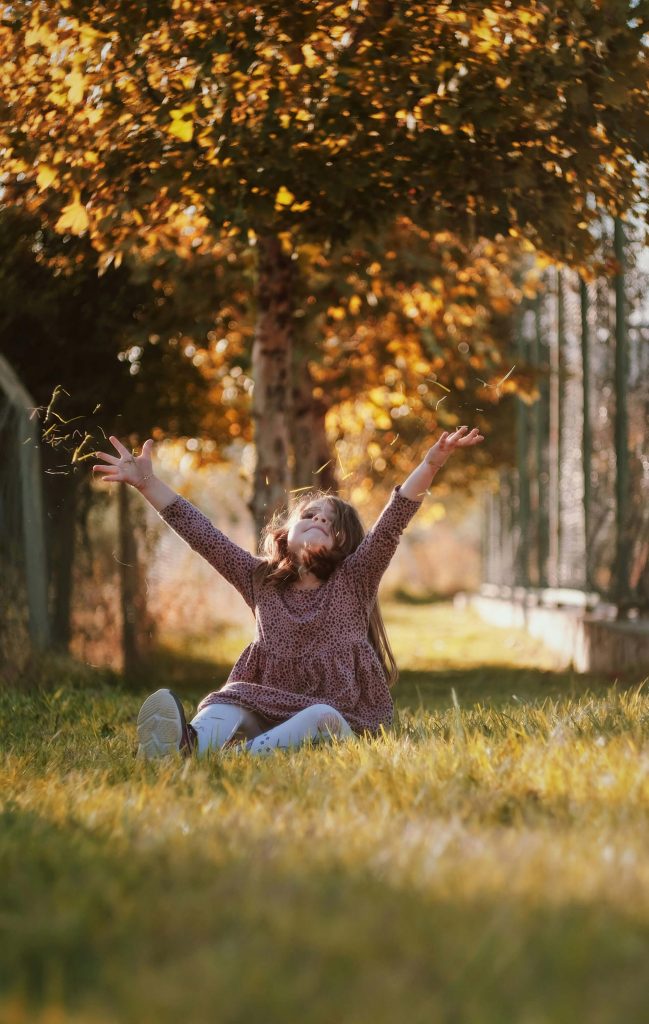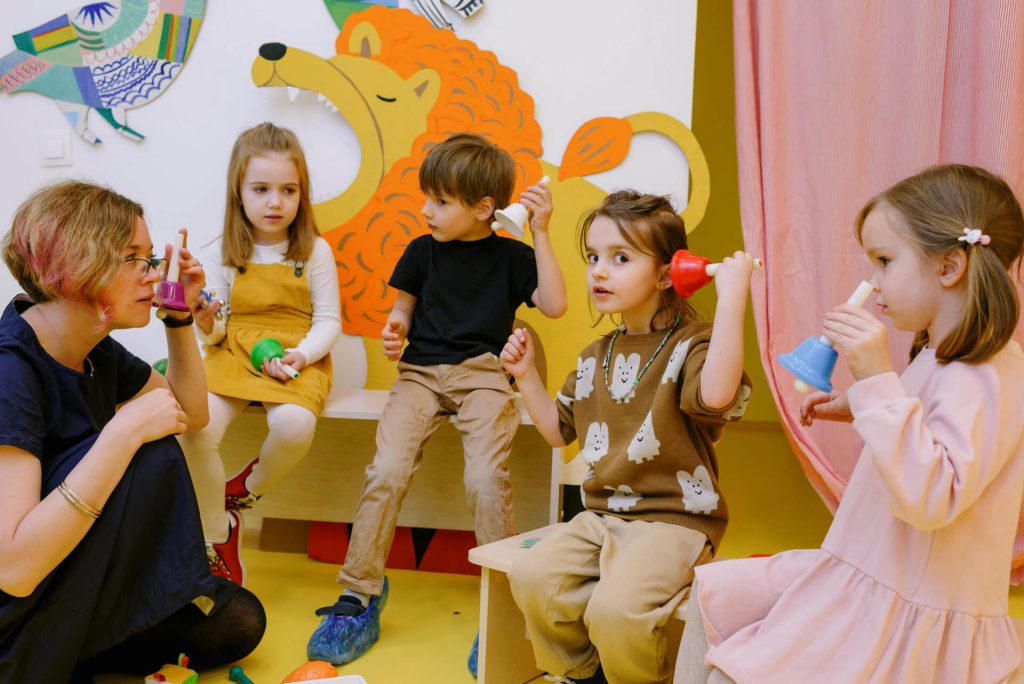An unpopular opinion, but – "The Little Match Girl" is one of the most important stories we covered in elementary school. I still remember the shock and disbelief in the classroom. I remember that some friends even cried. I forgot the plot but didn’t forget the feeling of concern for the little girl. A pit in the stomach, pain, sadness, disbelief. But it’s easy to imagine how the Little Match Girl feels because the situation is very extreme. This is how it is with children; fairy tales are always black and white, and we analyze them superficially to teach children about the struggle between good and evil.
If we were to analyze fairy tale characters a little deeper, hmm, we could find all sorts of interesting things. Yes, the wolf is evil, we cheer for Little Red Riding Hood. The wolf is evil because we’ve been told he’s evil. And he’s just walking around the forest, his own space, which Little Red Riding Hood intrudes upon because she doesn’t listen to the older ones.
I used to use the word empathy very lightly. Especially when I thought that feeling sympathy and being empathetic were the same. “I’m very empathetic, I felt so sorry for the Little Match Girl, and I would think about it for days.” Sympathy is a wonderful and useful thing, but it’s not empathy. And it’s somehow easy to feel sadness and a desire to help someone who is in an unambiguously dire situation like our Little Match Girl. But that’s not empathy.
When I had children, I repeated to their heads like good fairies from Sleeping Beauty, everything I wanted them to be. To be good, happy, beautiful, curious, well-mannered, and to help others and to be – empathetic. But how do I teach a child something I don’t even know if I’m capable of?
I intuitively knew that empathy is a beautiful word and that it’s good to be empathetic. It just seemed to me like a complex skill or a gift you’re born with. Empathy is knowing how to understand another. The English language has a good expression, “walking in someone else’s shoes.” I once actually tried it, putting on my grandfather’s shoes out of curiosity. And it was strange. They were huge, gave me strength, but also responsibility.
It seemed to me that in such huge shoes, the biggest and most beautiful in the family, I had a special responsibility and had to oversee everything that was happening, and everyone would now come to ask me something. I quickly changed back, my worn-out sneakers were incomparably better for my activities. When I returned from “outside” – as we used to call playing around the house – I saw my grandfather sitting on a bench. Yesterday, I would have felt bad for him quietly grumbling because we weren’t all at home. At that moment, I just hugged him and thanked him for taking care of all of us.
All those wishes I whispered over my children’s heads and all the clear plans on how I would raise them as little angels quickly sank. Exhausted from the seventh night of sleeplessness, I wondered what I was doing wrong and why they weren’t sleeping, what wasn’t right. And I don’t remember who, but someone gave me the best explanation. They said: “Imagine you’re a baby. Or a freshman just arriving on campus. Everyone is happy to see you for a little while, but when the real party starts and everyone begins to have fun, they tell you – now go to another room to sleep. Well, you’d cry too.” Since then, I’ve tried to apply this rule whenever I can.
When we negotiate about studying, I tell them I understand that they’d rather do anything else. When they reluctantly go to bed, I say I understand that they worry about missing out on something. I understand one of them doesn’t like to be in the room when guests come because they feel like they’re on stage and forgot their lines. We practice together, we learn every day. In the store, if the salesperson is silent and grumpy, we say maybe he’s having a bad day and isn’t there to entertain us. Friends who have different habits and characters. We practice never saying that someone is weird or forcing them to play more basketball or sing and dance less. They know how to recognize when we’re tired and that playing Rummikub will have to wait for a better day.
And then I remembered a conversation with my dad. We were at the seaside, going into the water after I had laughed at a little girl for barely speaking our language because she was from abroad. Plus, she had a strange swimsuit, something I would never wear or any of my friends. Dad suddenly called me to go into the water. He just wasn’t laughing like usual. He was disappointed. We looked at the waves hitting our knees. “When you do anything to someone else, first ask yourself how you would feel if you were in their place. Stop for two minutes, that’s all I ask. How would you feel if…”
There it is, that’s empathy. How would you feel in someone else’s place. And it can be practiced. And it’s really nice when we have it.





